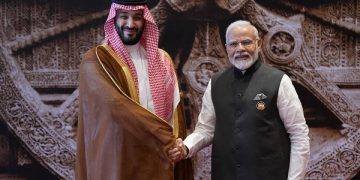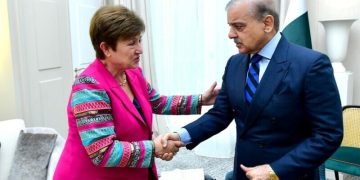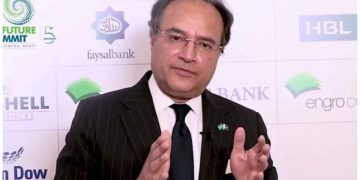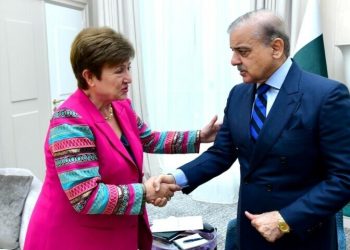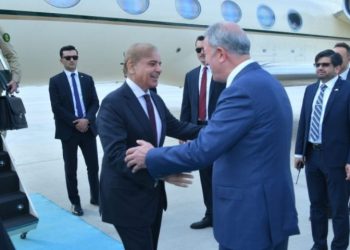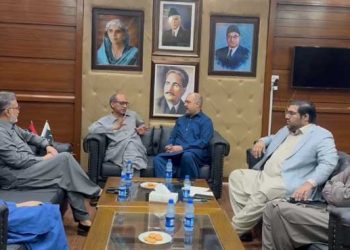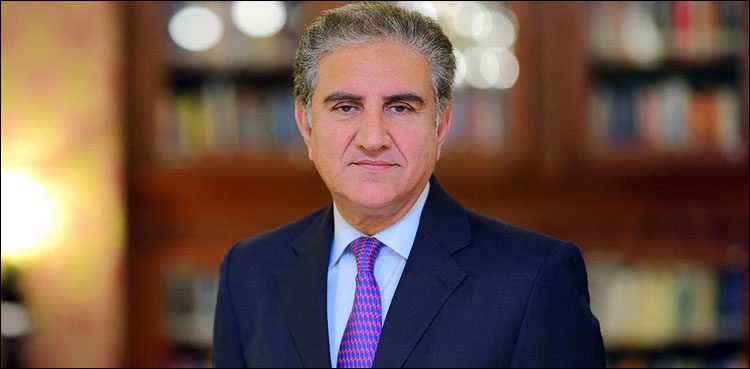A three member bench–comprising Chief Justice of Pakistan (CJP) Umar Ata Bandial, Justice Ijaz ul Ahsan and Justice Munib Akhtar– resumed the hearing of a constitutional petition regarding delay in elections in Punjab and Khyber Pakthunkhwa (KP).
The four-member bench of Supreme Court (SC) was dissolved once again today amidst a growing schism among its members.
The top court, entrusted with upholding the rule of law, has become a battleground for conflicting ideologies and personal agendas.
The bench was dissolved after Justice Jamal Khan Mandokhail also recused himself from hearing the Punjab and Khyber Pakhtunkhwa (KP) election delay case today.
Justice Jamal, in a dissenting note, expressed his disagreement with the yesterday’s ruling.
“I was not consulted during its drafting,” he said, adding that the ruling was not formulated in an open court.
It was Justice Faez Isa’s decision which, according to Justice Mandokhail, should have undergone a review in an open court.
Mr. Mandokhail further added that he had some remarks to make yesterday, but he was not given a chance.
“Perhaps my input was not required or valued,” he added, saying “God bless our country”.
In the meantime, Chief Justice of Pakistan (CJP) Umar Ata Bandial constituted a new three-member bench, comprising Justice Ijaz ul Ahsan and Justice Munib Akhtar.
The new bench will resume hearing of the petition regarding delay in elections at 2:00pm.
Yesterday, the five-member bench was dissolved and reconstituted to four members after Justice Aminuddin Khan disassociated himself from the hearing.
On Wednesday, a top court bench headed by Justice Qazi Faez Isa ordered to adjourn the hearing of cases of constitutional importance and suo motu notices.
A three-member bench of the court issued the order in a case of giving grace marks to Hafiz-e-Quran. The nine-page decision was written by Justice Qazi Faiz Isa, while Justice Shahid Waheed dissented with the decision.
The judgment written by Justice Isa stated that the Constitution and the law do not allow the chief justice to constitute a special bench. There are rules governing petitions filed under Article 184(3).
There are no rules for fixing suo motu cases and setting up benches.
Hence, until such rules are framed, the hearing of important constitutional and suo motu automatic cases should be postponed.

